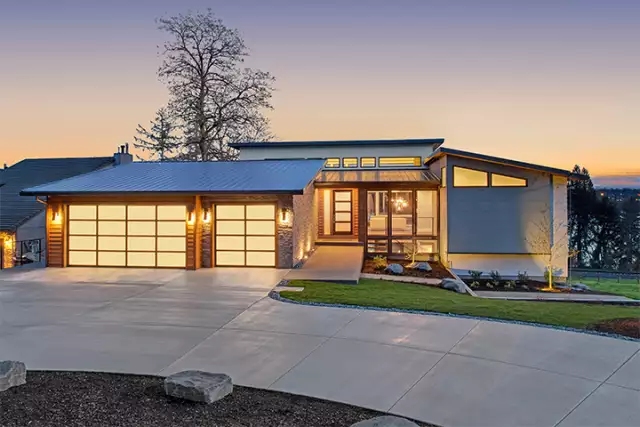Learn About Life Insurance | Think Realty | A Real Estate of Mind
Learn About Life Insurance | Think Realty | A Real Estate of Mind
Chances are you’ve heard about life insurance. You’re aware this is coverage people carry to protect their loved ones in the event of their death. If that’s where your knowledge of the subject ends, you’ll need to learn a bit more.
Life insurance policies can vary greatly from coverage to cost and several things in between. In order to make sure you get the policy that provides exactly what you need, it’s best to have an idea of what level of coverage you’re looking for. A generic rule of thumb is 10x the amount of your annual salary. Keep in mind this doesn’t take into consideration your specific details such as your level of debt, the balance of your mortgage, funeral expenses or impending college tuition for your children.
Homeowner Policies
Homeowner life insurance policies are essential for anyone who owns property that isn’t paid off. After your passing, the mortgage can be an unbearable expense for your loved ones to incur without the help of your income. The last thing you want to worry about is how your family will make ends meet when you’re no longer contributing to the overall household income.
Once you sit down and examine your expenses, you’ll have a better idea about the amount of coverage you need from your insurance policy. Armed with that information, you’re on your way to choosing a policy that will best fit your needs.
Mortgage life insurance is exactly what it says. When you die, this type of insurance will pay off the balance of your mortgage. That payment goes directly to the lender to satisfy your outstanding mortgage balance and there’s no payout directly to your family. In addition, as your mortgage is paid down, the death benefit decreases but the premiums don’t. If you have more financial responsibilities outside your mortgage, such as debt and funeral expenses, this probably won’t be the best choice for you.
Term life insurance is a straightforward, no-frills policy. You purchase this insurance for a set amount of years, known as the “term” of the policy. If you die within the life of your policy, your family is paid a guaranteed amount. Should you outlive the term of your policy, most companies will allow you to either purchase an additional term or convert your policy into a whole life policy. You don’t have the option of borrowing against the amount you’ve invested in the policy and the final payout doesn’t fluctuate. Term life insurance is typically the most affordable policy.
Whole life insurance is a policy that is designed to cover you for your entire life. It also acts as cash savings because you can borrow against it. The amount of the policy can vary based on market performance. When you borrow against the cash value of the policy, you risk a lower payout if that loan, which is assessed interest, isn’t paid off before the death benefit is used.
Rates
When it comes to purchasing life insurance, some factors will directly impact the premium you pay. For starters, the greater the payout on the policy, the higher the premiums will be. The age you take out the policy will also affect the cost. Insurance companies see people who are younger as less of a risk, and therefore the premiums are lower. There are also certain health and lifestyle details that may impact your rate. Among those are health concerns, medical conditions and if you’re a smoker.
If you’re a homeowner and have dependents, carrying life insurance is a must! Remember to stay on top of your policy premiums as not meeting your obligations can lead to the cancellation of your policy or refusal of payout benefits.









